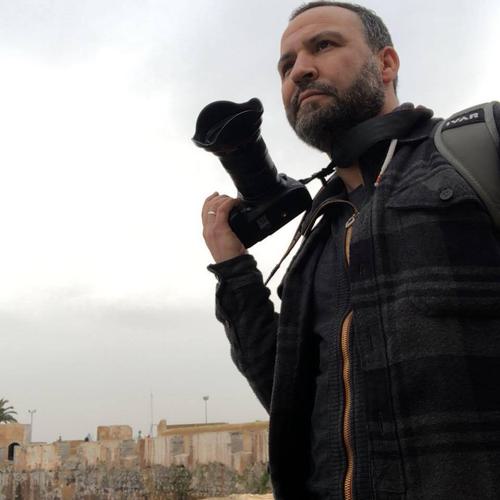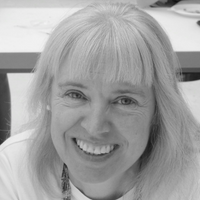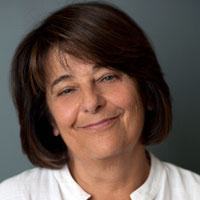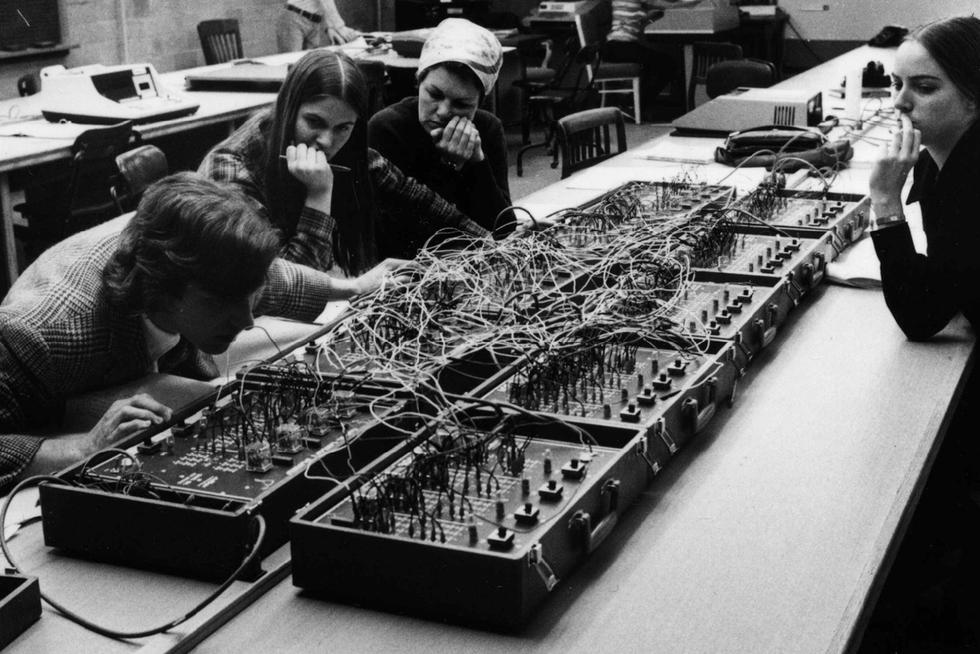Middle Eastern Studies
Academic Program Introduction
Middle Eastern studies explores the many facets of Middle Eastern and North African civilizations. These include the languages, literature, history, religion, art, societies, and politics of the region, as well as its diaspora.
Majors learn modern standard Arabic. The program encourages, but does not require, students to study abroad in the Middle East, North Africa, or another Arabic-speaking region.
Learning goals
- Demonstrate knowledge of the histories, ecologies, societies, politics, cultures, religious traditions, and communities of the Middle East and North Africa.
- Develop an in-depth field of study in a particular field, such as modern Arabic literature, Islamic studies, women and gender, Iranian studies, or the history of the Muslim world.
Programs of study
Middle Eastern studies major and minor
Students may explore anthropology, art, history, literature, political science, religion, and women’s and gender studies.
Course highlights
Intermediate Arabic
ARAB201
A continuation of ARAB 101-ARAB 102. The course takes students to a deeper and more complex level in the study of the Arabic language. While continuing to emphasize the organizing principles of the language, the course also introduces students to a variety of challenging texts, including extracts from newspaper articles, as well as literary and religious materials. Students will be trained to work with longer texts and to gain the necessary communicative skills to prepare them for advanced-level Arabic.
-
Elementary Arabic
ARAB101
An introduction to the Arabic language. The course takes a comprehensive approach to language learning and emphasizes the four skills of listening, speaking, reading, and writing. Students are introduced to the principles of grammar, taught how to read and write in the Arabic alphabet, and trained in the basics of everyday conversation. Through the use of a variety of written, video, and audio materials, as well as other resources made available through the Web, the course emphasizes authentic materials and stresses the active participation of students in the learning process. -
Love and Longing in Middle Eastern and Iranian Literature and Film
REL271
Love in its myriad manifestations constitutes a central and perennial theme in the literary and artistic repertoires of Arabic- and Persian-speaking societies. This course explores the varied, subtle vocabulary and the versatile, multivalent imagery linked with the themes of love and longing in Arabic- and Persian-language literature and film. In different times and places, how have men and women writers and directors used the themes of love and longing to depict and critique concepts of gender and gender relations, and social and political inequalities? How have men and women writers and filmmakers in the twentieth and twenty-first centuries both continued and disrupted earlier literary and poetic discourses of love? How have modern filmmakers engaged with and reworked classical stories of transgressive love? Divided roughly equally between literary and cinematic works, the course explores treatments of love and longing in, for example, early Arabic poetry and the Quranic text, philosophical and medical treatises, narrative cycles (for example the Thousand and One Nights), epic (notably the Persian Shahnameh or ‘Book of Kings’), lyric poetry (Rumi, Saadi, Hafez), modern verse, and film, including films by Dariush Mehrjui, Youssef Chahine, Mohsen Makhmalbaf, Abbas Kiarostami, Rakhshan Bani-Etamad and Shirin Neshat. (MES 271 and REL 271 are cross-listed courses.)
Research highlights
-

In “Tongues of Eve: The Politics of Language in Postcolonial Algerian Literature,” an honors thesis, Molly Hoyer ’18 compares the work of two prominent Algerian novelists: Ahlam Mosteghanemi, who writes in Arabic, and Assia Djebar, who wrote in French. Hoyer double majored in Middle Eastern studies and comparative literary studies.
Opportunities
-
Arabic Cluster
In the Arabic Cluster, students live together, communicate in Arabic, and participate in Arabic cultural activities. A Fulbright Foreign Language Teaching Assistant from an Arabic-speaking country also lives in the Arabic Cluster and helps arrange cultural events and programming.
for more
Our newsletter
Published annually, our newsletter features recent or upcoming classes, students’ first-hand accounts of Wintersession in Morocco and semesters abroad, interviews with faculty, and more.
106 Central Street
Wellesley, MA 02481











